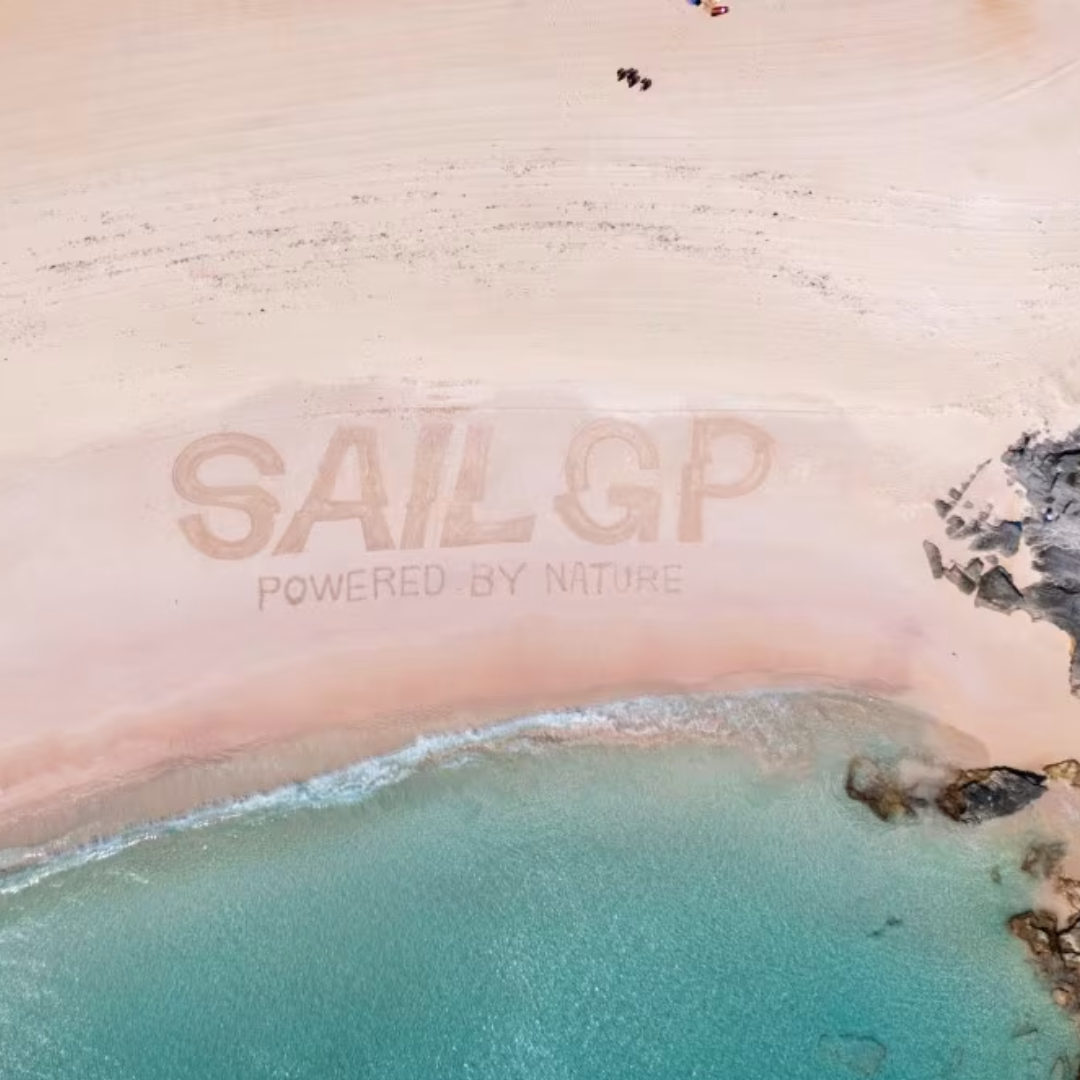Africa at the Climate Crossroads: Championing a Just and Inclusive Carbon Market
By Madeleine Garlick, Africa Director at One Carbon World
 Watch Video
Watch Video.png)
Spring in Johannesburg is marked by a purple explosion from the flowering of the Jacaranda trees. They were planted en masse over 100 years ago during the heady days of the Gold Rush on the Witwatersrand (now Gauteng). But appearances can be deceptive: despite helping keep the city cool in the Summer months, they are water-hungry and classed as an invasive species (although it would be a brave politician who decided to ever remove these glorious giants from the collective identity of one of Africa’s largest cities!).
One Carbon World will be in Johannesburg as a Strategic partner of the inaugural Carbon Markets Africa Summit next week. At One Carbon World, we believe deeply in the transformative power of African carbon markets: markets that are not just about trading credits, but about people, communities, and a shared future.
Africa is at a pivotal moment. It’s a continent rich not only in natural capital but in human innovation, entrepreneurial spirit, and local knowledge. The continent’s carbon markets are poised for a leap, presenting an opportunity to craft an inclusive and pro-planet economy that builds African capacity, mitigates socioeconomic disparities, and ensures that the value of their carbon remains in Africa, benefiting its people directly.
The stakes could not be higher. The Africa Carbon Market Outlook 2025 projects the sector’s growth at an annual rate of 15–20%, potentially creating 30 million jobs by 2030. Yet, today, Africa captures just 16% of the global $1.4 billion carbon credit market. Projections indicate that this market will expand to between $7 billion and $35 billion by 2030, and potentially reach an astounding $250 billion by 2050.
This explosive growth will be driven by Africa’s vast natural ecosystems, its renewable energy power, and a surge of private sector interest in sustainable, regenerative agriculture and forest stewardship.
However, this opportunity is unevenly distributed. Some African nations are emerging as pioneers with robust frameworks, while others are only beginning their journey. To unlock the continent’s full potential, we must help bridge these gaps through regional cooperation, transboundary frameworks, and shared learning, particularly in nature-based solutions that respect the unique ecosystems of Africa. CMAS is one such space to bring together different legislators to learn from each other and listen to perspectives from the field.
But growth without trust is fragile. Past experiences have shown carbon markets can fall short, failing the very communities they aim to support. That’s why robust, fair, and transparent regulation isn’t a barrier; it’s the foundation for trust. Trust from communities that their voices will be heard and respected. Trust from project developers that their investments in time and resources will be honoured. Trust from buyers that their commitments will have a real, lasting impact.
These regulatory frameworks must be built with the needs of youth, women, and other underrepresented groups at their core. They must uphold Free and Prior Informed Consent and enshrine just benefit-sharing mechanisms. They should facilitate both external investment and domestic resource mobilisation, thereby setting the stage for a carbon market that is as inclusive as it is ambitious.
Johannesburg is a young city, in age and demographics. Yet a staggering 34 per cent of South Africans aged 15-24 are unemployed. This puts a moral and economic imperative on job creation, economic empowerment and entrepreneurship. Just Carbon markets— at scale —can and should be a solution to address some of this challenge. With 70% of sub-Saharan Africa’s population under 30, and youth expected to make up 42% of global youth by 2030, this demographic dividend is a powerful strategic asset for green growth.
Africa’s youth are becoming entrepreneurs, innovators, and solution-builders. Across the continent, young people are launching climate-smart agribusinesses, developing cutting-edge clean energy technologies, and pioneering digital platforms for carbon tracking and MRV.
CMAS offers a chance to delve into market dynamics - we can't wait! - forge new partnerships, share best practices, explore innovation, and connect financing with projects. Africa stands at the eye of the climate storm, and yet it holds the keys to the solutions.

Our Projects

Turning the Tides: How Sail GP is Redefining Climate Leadership in Sports
.png)
Farming for the Future: Sasini's Journey to Net Zero






